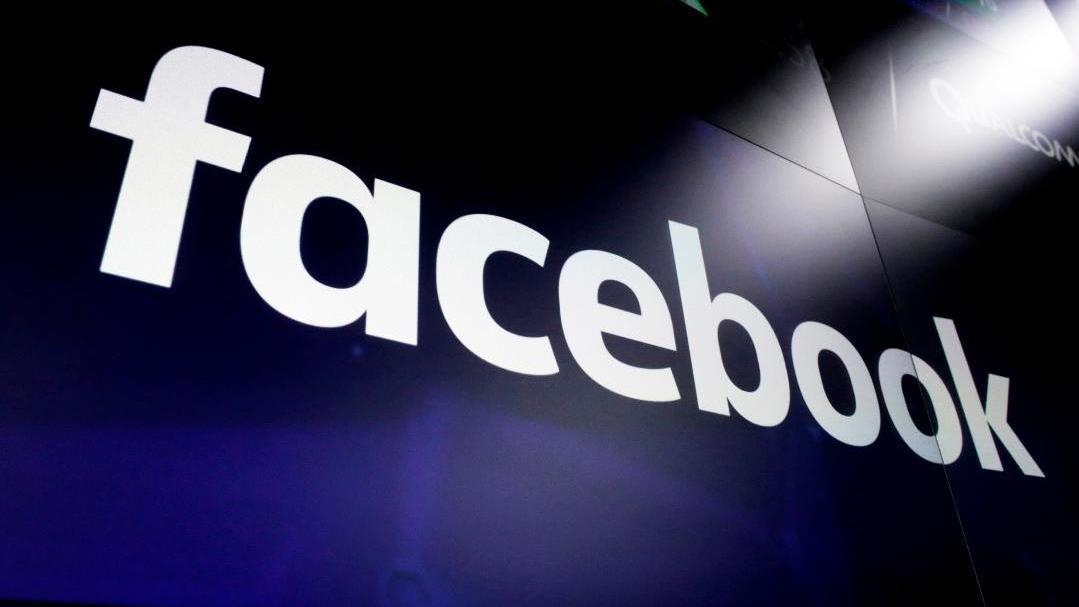Facebook operating system in the works, but critics are skeptical
Facebook is moving to emancipate its hardware ventures from Google’s Android operating system with an OS the company is developing alongside former Microsoft engineer Mark Lucovsky, according to a report from The Information.
FACEBOOK'S NEW CAMPUS FOR OCULUS GETS $515 MILLION OF FINANCING
If successfully implemented, Facebook’s virtual-augmented reality company Oculus and video-calling gadget company Portal could run on the specialized software, Facebook director Ficus Kirkpatrick said.
Other initiatives the social media giant has branched out into include voice assistant technology, silicon chips and brain-controlled computers with mind-reading capabilities – all of which could make Facebook an even bigger and richer tech gatekeeper than it already is.
Facebook’s cryptocurrency, Libra, which is set to launch in 2020, could also run on this OS in some capacity, though it is unclear how this would work.
Whether Facebook will be able to compete with already-established software companies like Google, Apple and Microsoft has yet to be seen.
FACEBOOK PUTS PRICE ON ITS NEW PORTAL TV
“It doesn’t look good because it’s not clear what the end goal is," Vaclav Vincalek, CEO of Pacific Coast Information Systems, told FOX Business. "To be blunt: why would anyone invent another operating system? There are tons of open-source operating systems.”
Vincalek, who offers smart IT strategies and tech solutions, said he understood Facebook’s motivations to be independent of third parties, but he questioned how the company would manage to get its OS on millions of devices.
“As for Android’s OS, Google recruited an army of millions to write code for it," Vincalek explained. "Everyone’s writing for Android devices because they built it with that open-source idea in mind. Meanwhile, a manufacturer with completely standard parts could start building phones with it, because they didn’t have to deal with the operating system. Where are they going to recruit all the developers to build the ecosystem?”
GLOBAL REGULATORS QUESTION FACEBOOK ON LIBRA CRYPTOCURRENCY
For many tech giants, it’s difficult to specialize in both software and hardware. Facebook got a taste of this with its previous attempts of entering the smartphone market, but even computing companies with renowned reputations have struggled in this area.
“This reminds me of when Google bought Motorola, regretted it and then sold it and later sold it to Lenovo – they don’t want to be in the hardware business,” Vincale cited as examples. “Look at Microsoft and how many times they tried to work with mobile hardware. They lost billions when they bought Nokia and couldn’t do anything with it.”
“Look at hardware companies like Intel. They build chips. They don’t build operating systems. Will Facebook build their own chip, for their own cryptocurrency, or their still failing virtual reality offering? Overall, this seems like a bad idea.”
The rare exception to the software-hardware curse has been Apple with its dedicated macOS, iOS, tvOS and watchOS for its varied gadget lineup. These technologies from the Cupertino, California-based company have been long touted as the more secure systems in the market until recent hacking campaigns came to light.
GET FOX BUSINESS ON THE GO BY CLICKING HERE
Regular news of cyberattacks and smart device hacks has also left consumers on edge when it comes down to privacy. Facebook’s failure to protect the privacy of its social media users has made some skeptical that it will straddle the line of software and hardware the way Apple has.
“Facebook absolutely has yet to prove they can do security right," Vincalek pointed out. "They just had to clean up 5.4 billion fake accounts in 2019 alone. Not 10,000, not a million, 5.4 billion. This is a company that sells people’s privacy to the highest bidder. So, can Facebook design a secure OS and develop the chips and other hardware that will go with it? I don’t see it.”
CLICK HERE TO READ MORE ON FOX BUSINESS
As of May 2019, 2.5 billion active devices run on Android, according to a report from The Verge. Despite this impressive number, Sun Microsystems’ Java OS still powers more than 10 billion active devices globally, according to tech consulting firm Fingent.




















